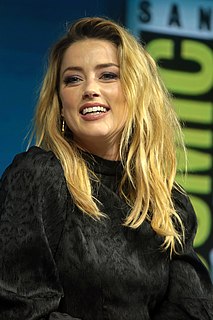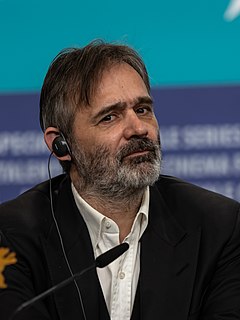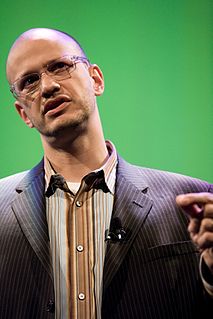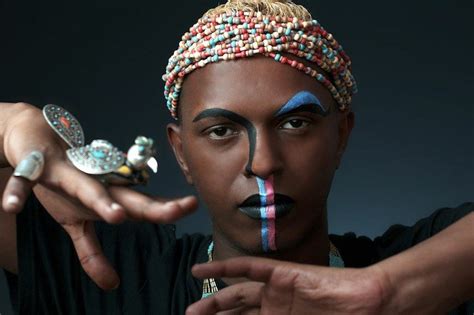A Quote by Laura van den Berg
As a reader, I appreciate a world that feels unsettled and also visceral, inhabitable, so that's a quality I try and bring to my own work. In this way, dislocation and precision make total sense to me as a unit.
Related Quotes
The book is finished by the reader. A good novel should invite the reader in and let the reader participate in the creative experience and bring their own life experiences to it, interpret with their own individual life experiences. Every reader gets something different from a book and every reader, in a sense, completes it in a different way.
My readers have to work with me to create the experience. They have to bring their imaginations to the story. No one sees a book in the same way, no one sees the characters the same way. As a reader you imagine them in your own mind. So, together, as author and reader, we have both created the story.
What I bring - my team and I, because it's not only me - is this sense of elegance and casualness, and no pretension. There's also a sense of loyalty - loyalty to my customers, but also loyalty from my staff. Also, I think a sense of perfection; I'm a bit of an obsessed freak with perfection. I think I bring craziness sometimes, because if there is someone who's going to dare do something crazy, it's me.
The desire to be liked is acceptable in real life but very problematic in fiction. Pleasantness is the enemy of good fiction. I try to write on the premise that no one is going to read my work. Because there's this terrible impulse to grovel before the reader, to make them like you, to write with the reader in mind in that way. It prevents you doing work that is ugly or upsetting or difficult. The temptation is to not be true to what you want to write and to be considerate or amusing instead. I'm always trying to fight against the impulse to make my readers like me.
I was interested in [Hunter S. Thompson novels]. The rebel in me fell in love with it, and the artist in me was confused by it, and interested and turned on. Ever since, his work has meant different things to me, at different times, and I still get new meaning out of it and appreciate it, in a different way. His work is very visceral, and you can take from it what you want, in various moments of your life.
Some of the traits that make you a great entrepreneur also work against you. Examining data of high-scoring people, we find that oftentimes the world frustrates them: They're super-smart, they're super-capable, and the work quality of their peers is vastly inferior to what they can achieve on their own.
I gravitate towards anything that feels challenging to me, that feels like it's gonna be saying something a bit different and new to the audience, and anything that moves me. I do movies that I would want to see, so I don't necessarily gravitate towards any genre in particular. I just try and do the best work I can and also try to keep the audience guessing.
If dislocation is a permanent state, I want to try and explore the possibility of temporary impermanence. If dislocation is a tatty dress from the thrift store, perhaps the solution is not to cast it aside. If dislocation is a tatty dress, perhaps the only solution is to mend it, scent it and wear it until everything about it signifies newness, something close to the perpetual promise of a fresh start.





































